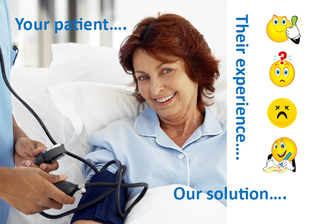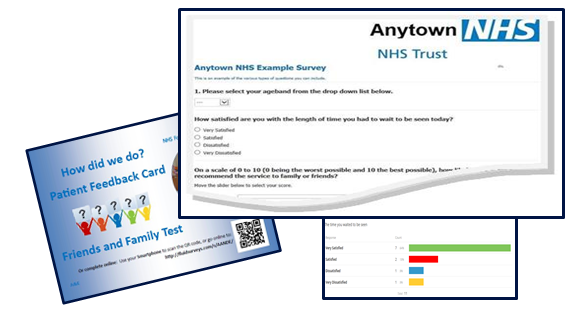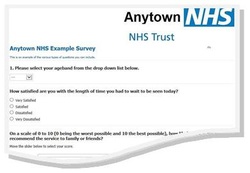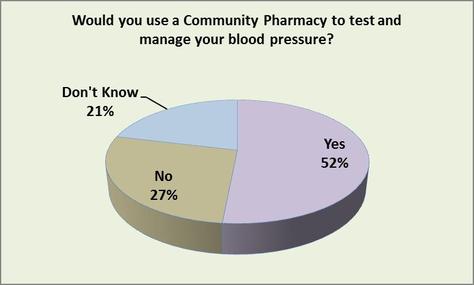From April 2015 the NHS Friends and Family Test feedback is being extended to include persons under the age of 16. We have produced feedback cards specifically designed to allow children and young people the opportunity to rate and comment on their experience of the NHS service they have used.
These cards are being rolled out and used by our NHS partners.
These cards are being rolled out and used by our NHS partners.





 RSS Feed
RSS Feed